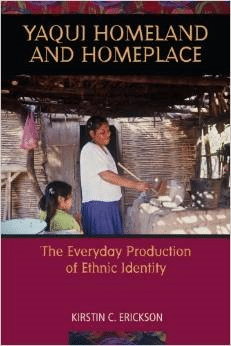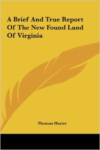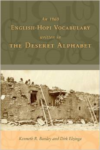Description
In this illuminating book, anthropologist Kirstin Erickson explains howmembers of the Yaqui tribe, an indigenous group in northern Mexico, construct, negotiate, and continually reimagine their ethnic identity. She examines twointerconnected dimensions of the Yaqui ethnic imagination: the simultaneousprocesses of place making and identification, and the inseparability of ethnicityfrom female-identified spaces, roles, and practices.Yaquis live in a portion of their ancestral homeland in Sonora, about 250 milessouth of the Arizona border. A long history of displacement and ethnic strugglecontinues to shape the Yaqui sense of self, as Erickson discovered during thesixteen months that she lived in Potam, one of the eight historic Yaqui pueblos.She found that themes of identity frequently arise in the stories that Yaquis telland that geography and locationaspace and placeafigure prominently in theirnarratives.Revisiting Edward Spiceras groundbreaking anthropological study of theYaquis of Potam pueblo undertaken more than sixty years ago, Erickson paysparticular attention to the acultural worka performed by Yaqui women today. Sheshows that by reaffirming their gendered identities and creating and occupyingfemale-gendered spaces such as kitchens, household altars, and domestic ceremonialspaces, women constitute Yaqui ethnicity in ways that are as significantas actions taken by males in tribal leadership and public ceremony.This absorbing study contributes new empirical knowledge about a NativeAmerican community as it adds to the growing anthropology of space/placeand gender. By inviting readers into the homes and patios where Yaqui womendiscuss their lives, it offers a highly personalizedaccount of how they constructaand reconstructatheir identity.






Reviews
There are no reviews yet.